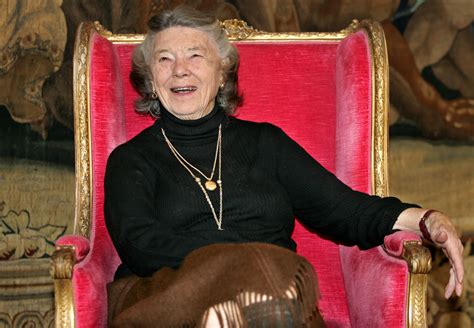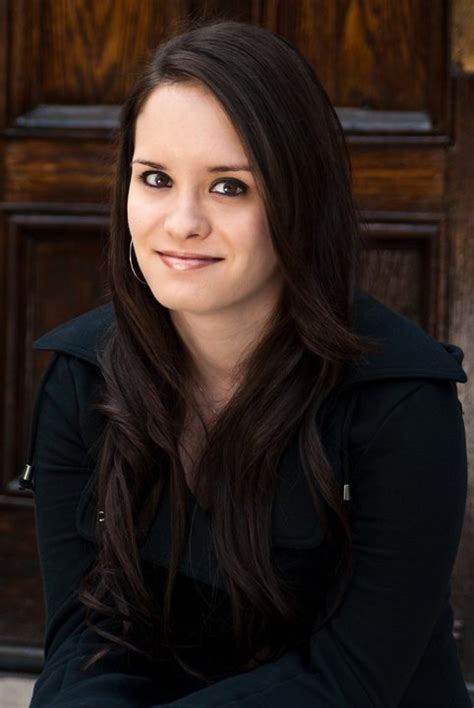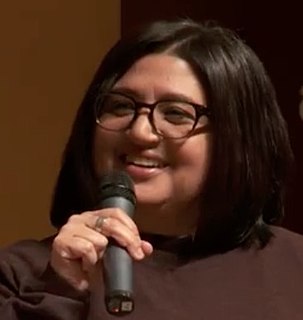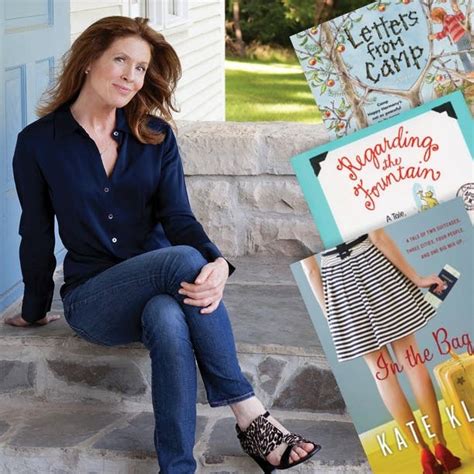A Quote by Rosamunde Pilcher
Writing is work, but it's also a compulsion, and once you get your characters on paper, you can't abandon them. You have to respond to them.
Related Quotes
If you have the personalities down, you understand them and identify with them; you can stick them in any situation and have a pretty good idea of how they're going to respond. Then it's just a matter of sanding and polishing up the jokes. But if you've got more ambiguous characters or stock stereotypes, the plastic comes through and they don't work as well. These two characters clicked for me almost immediately and I feel very comfortable working with them.
I always start drawing any job by planning out to some degree the locales and trying to nail the characters. If they're existing characters, I'll draw them several times on rough paper just to get a feeling for them. The ideal when you're drawing a comic is to have everything in your head, not to have to refer to notes.
Don't equate activity with efficiency. You are paying your key people to see the big picture. Don't let them get bogged down in a lot of meaningless meetings and paper shuffling. Announce a Friday afternoon off once in a while. Cancel a Monday morning meeting or two. Tell the cast of characters you'd like them to spend the amount of time normally spent preparing for attending the meeting at their desks, simply thinking about an original idea.






































